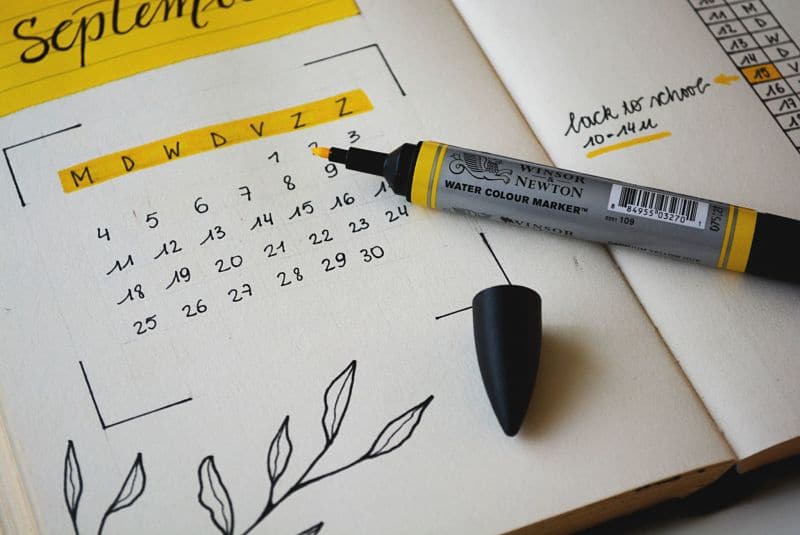Early Summer Work
★★★★★
It is no secret that one of the best perks of a teaching career is summer break. At the end of a school year, it is always tempting to heave a big sigh of relief, throw the mess into drawers, and get started with summer plans. It’s tempting, in other words, to quit thinking about school as soon as the last report cards are issued, and not think about school again until the new year is about to begin. Instead, we should see summer vacation as a prime opportunity to prepare for success in the next year. The sooner we start after the end of the school year, the better will be our preparation. My early summer work falls into three categories.
Reviewing. While the old school year is still fresh in my memory, I like to review the highlights and lowlights of the year. What improved in my classroom over previous years? Where did we go backward? What teaching strategies worked? What didn’t work? Where should I have put more energy? Where should I put less energy? What are the major academic and non-academic needs of my students? These questions, and others, help me to focus my attention on the changes that will lead to the greatest improvements next year. Brainstorming. Early summer is the best time to dream big. For example, I recently discovered a podcast called “A History of the World in 100 Objects,” and wondered, what if I could teach a science course that way? Perhaps I could try “Physical Science in __ Objects.” What would be the ideal number of objects? Which objects would have the highest payoff? How would I engage the students? What would they learn? How would I assess their learning? Now that school is out, I have time to dream of what could be.These big dreams are unlikely to come to full fruition—let’s face it, I’m not going to write a science course from scratch—but that’s the point. Early in the summer, I am not under pressure to figure out the minutiae of implementation. However, the ideas I generate while brainstorming can shape how I actually teach my courses. I might not do a full science course this way, but what if I could do one section? Baby steps toward improvement are easier when I dream of massive improvements first.
Planning. High ideals almost never happen without specific plans. I have found that I do not get guest instructors or go on field trips unless I plan them well in advance. Additionally, if I know before the school year starts what sorts of projects I will be doing, I have the time to shop around and get the right supplies at good prices. No late-night runs to town to get mirrors because I just thought of a great project to teach optics.Planning ahead is the best key to success that I know of. To that end, my goal is that, before I go on summer break, I will have at least a rough draft of the schedule for all my courses for the next year. This means going through the texts, deciding how long I think each section will take, and putting it into a calendar. Then, when I come back from break and start preparing in earnest, I’ve already done the hardest work. I will need to reject some ideas and hone others, but the early summer work will mean that my late summer work is easier and of higher quality that it would have been otherwise.
Summer break is good. Rest, refreshment, a change of pace—all of these are good things, and we should enjoy them. I find that I enjoy them even more if I delay starting the break by a few days and do the hard work to set myself up for success the following year.
Related Items
Leave a Reply
Feedback
